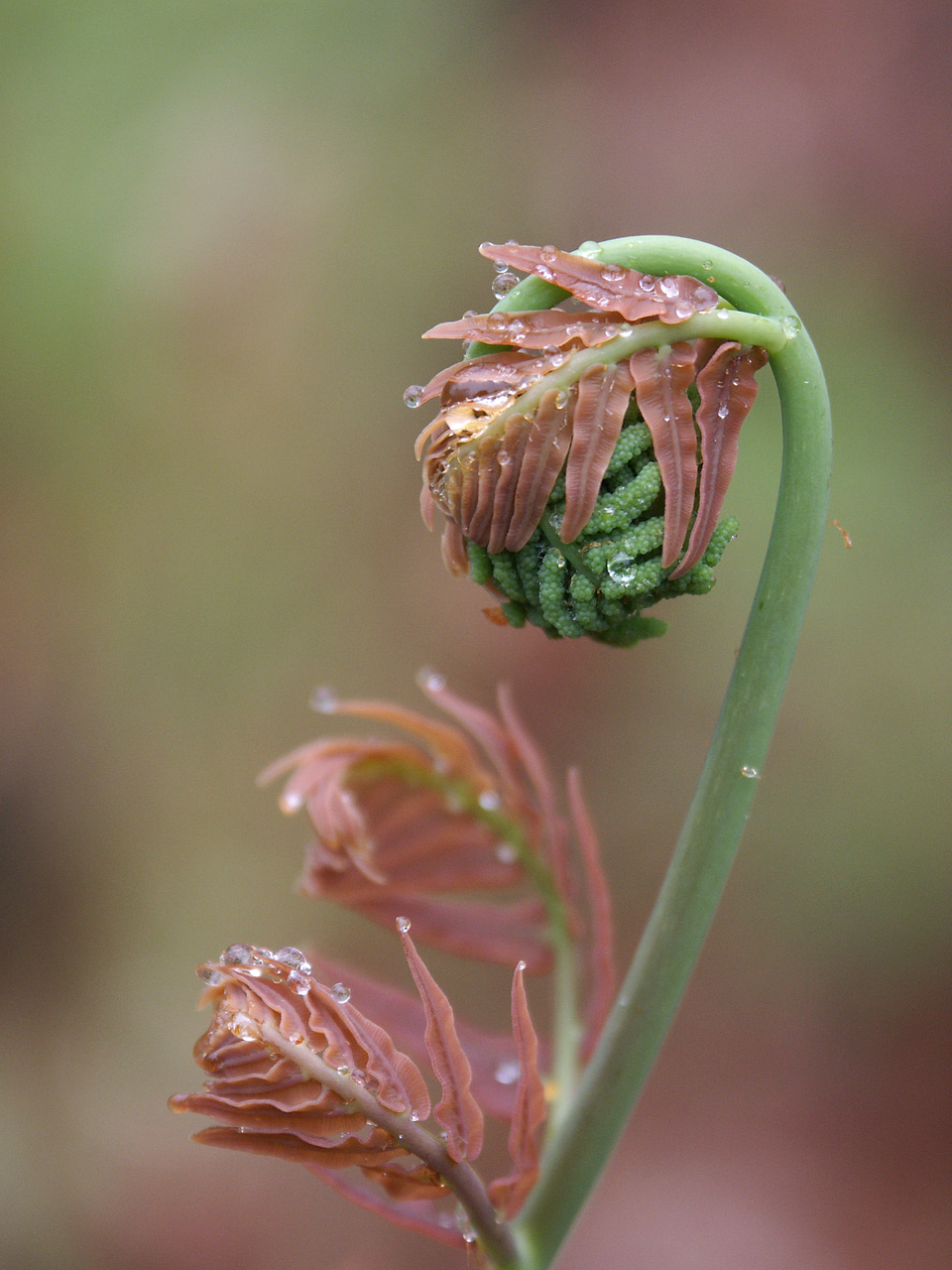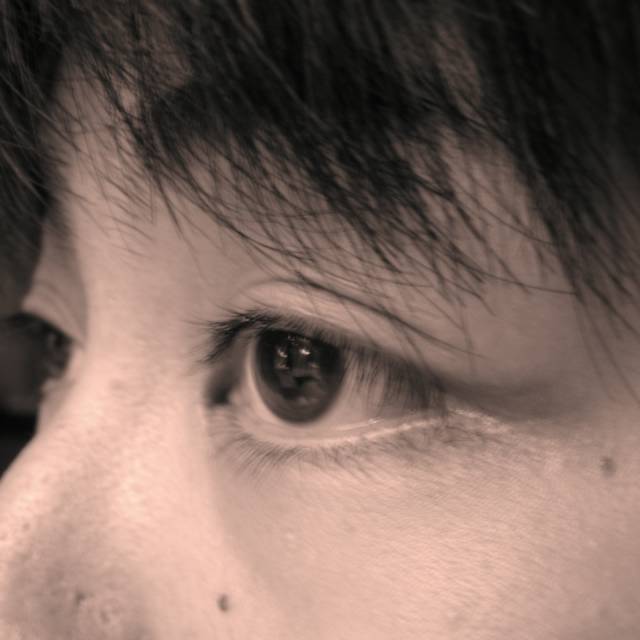embracing the absence

A few weeks ago my father had a heart attack and was hospitalized in a large-scale hospital in a Chicago suburb for a week. (It was "close" and he was "lucky," as his cardiologist put it.) Consequently, I spent a significant amount of time at the hospital, mainly by his bedside but occasionally escaping for a cup of coffee or a sandwich, etc--after all, we hadn't been, and still aren't, close enough to comfortablly spend hours and hours about three feet from each other. Downstairs from his third-floor room, there was a small but quite nice cafeteria, which served different groumet sandwiches every day. By the time I managed to get the daily dose of late lunch or early dinner, I would be frozen from the subtle, but obstinate invasion of air-conditioned indoor air into my flesh and bones. So, I would opt for the little memorial garden just outside of the cafeteria. Apparently dedicated to the children who died at the hospital, it was surely a depressing place to sit down, especially when one has someone sick in the hospital. Yet, it was better than the subdued dimness and invasive chill of the inside.
Bronze plates of dedications were implanted on the brick ground. Some were from nurses: "To the Little Angels Who Touched Our Hearts--from NICU nurses." Others were from parents. All were painful to watch. One, however, was particularly gut-wrenching in its evocation of almost visceral sense of loss. Following two names of the lost children, the parents added this : "Embracing you in heaven, in our empty arms." A contradictory statement. Yet, precisely because of this contradiction, it holds such emotional impact on those who come across it.
The gripping image of empty embrace had stayed behind my mind since then--and came leaping at me when I was organizing some of the photos I took during my trip to New England. The above photo of the young fern just unfolding in the misty rain had been one of my favorites from the trip, with its tenderness and yes, its easy-to-anthropomorphize pose, reminiscent of a person holding something--maybe a book, or a baby, if one has a strong Christian imagery ready in stock. But when I looked at the photo after the experience in the memorial garden, the meaning of the photo had completely changed. From behind what appeared to me initially as a serene, tender image of affection and contentment now emerges a piercing realization of loss, the absence of what occupied a certain physical space before.
Looking at a plant in this way is to succumb to the all-engulfing temptation of sentimentality and anthropomorphism. Still, with the tiny dew drops sprinkled on its leaves and stems, the instant association of the young fern and the parents' grief over their lost children is, and will be persistent--such is the power of melodramatic imagination...



0 Comments:
Post a Comment
<< Home